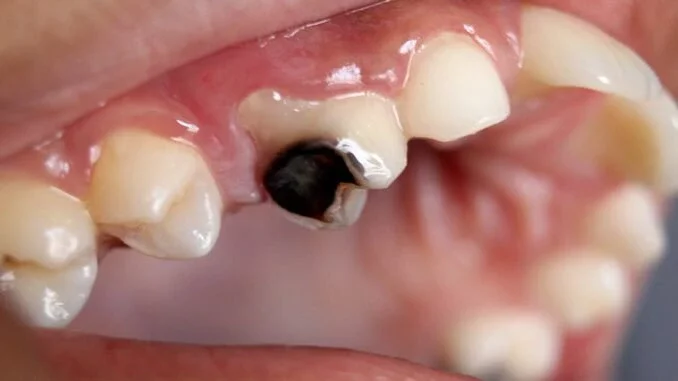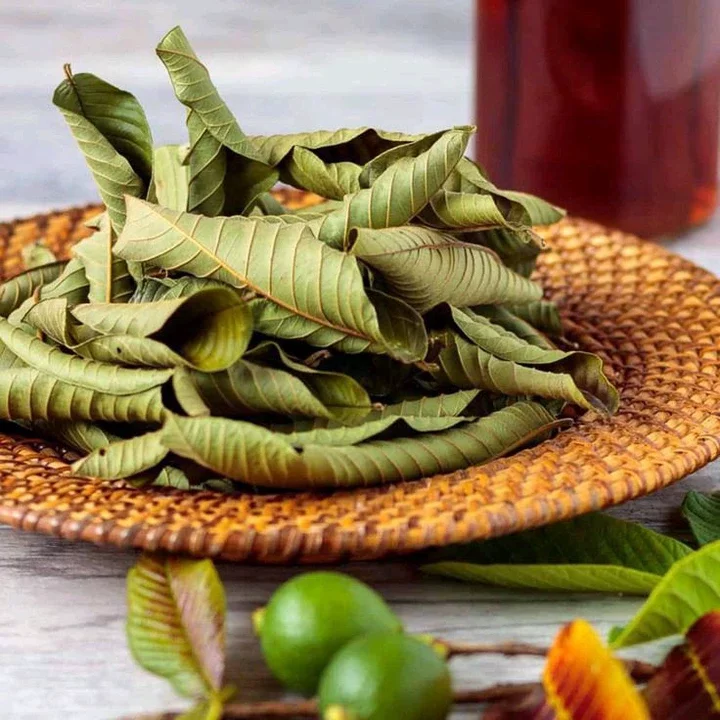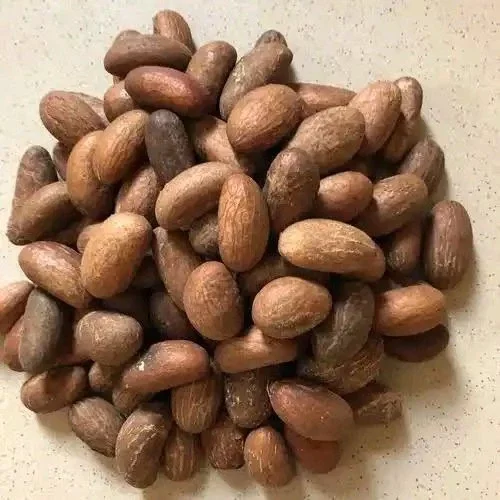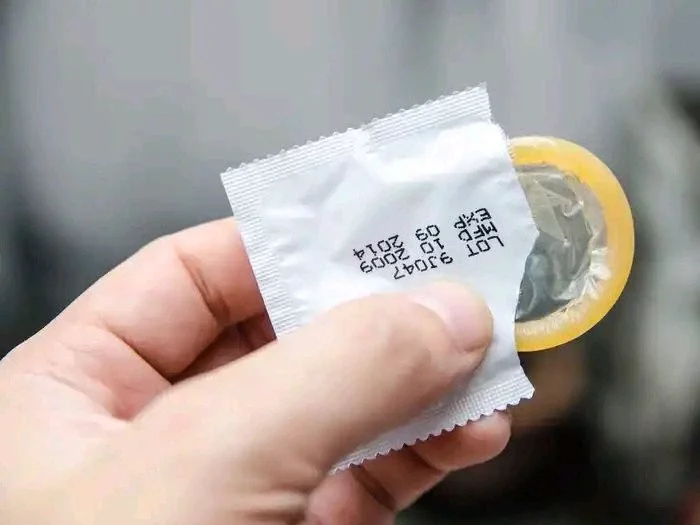Itchiness around the scrotum or testicles can be a distressing and uncomfortable experience for men. There are several potential causes for this itchiness, ranging from minor irritations to more serious underlying conditions. Additionally, maintaining the health of your testes is essential for overall well-being. In this article which is in accordance to medicalnewstoday, we will explore the causes of itchiness around the scrotum or testicles and discuss the foods that promote testicular health.

Causes of Itchiness Around the Scrotum or Testicles:
1. Poor Hygiene:
One of the most common causes of itchiness in the genital area is poor hygiene. Failing to clean the scrotum properly can lead to the accumulation of sweat, bacteria, and fungal infections. This can result in itchiness, redness, and discomfort. To avoid this, it is important to maintain good personal hygiene by washing the scrotum and surrounding areas regularly with mild soap and warm water, ensuring thorough drying afterward.
2. Fungal Infections:
Fungal infections, such as jock itch (tinea cruris) and yeast infections, can cause itchiness and discomfort in the genital area. These infections thrive in warm and moist environments, making the scrotum an ideal breeding ground. Fungal infections can be treated with over-the-counter antifungal creams or prescribed medication from a healthcare professional.
3. Contact Dermatitis:
Contact dermatitis occurs when the skin reacts to certain irritants or allergens. The scrotum may come into contact with various substances, including harsh soaps, detergents, fabrics, or fragrances, which can trigger an itching sensation. It is important to identify and avoid potential irritants and opt for hypoallergenic products if you have sensitive skin.
4. Pubic Lice or Scabies:
Infestation of pubic lice or scabies can cause intense itchiness in the genital area. These parasites can be transmitted through close physical contact, such as sexual activity. Treatment for pubic lice or scabies includes medications prescribed by a healthcare professional along with thorough cleaning of bedding and personal belongings.
5. Sexually Transmitted Infections (STIs):
Certain sexually transmitted infections, such as genital herpes or chlamydia, can cause itching, redness, and discomfort in the genital region. It is essential to seek medical attention promptly if you suspect an STI and to practice safe sexual behaviors to prevent their transmission.
6. Skin Conditions:
Various skin conditions, such as eczema or psoriasis, can affect the genital area and cause itchiness. These conditions are characterized by the inflammation and irritation of the skin and may require medical treatment or the use of prescribed topical creams to alleviate symptoms.
7. Testicular Cancer:
Although relatively rare, testicular cancer can cause symptoms like swelling, pain, or discomfort in the testicles and scrotum. It is important to consult a healthcare professional if you experience persistent itchiness or any other concerning symptom.
Foods to Eat for Testicular Health:
Maintaining proper nutrition can play a significant role in supporting testicular health. Here are some essential nutrients and foods to consider incorporating into your diet:
1. Zinc:
Zinc is crucial for testosterone production and sperm health. Foods rich in zinc include oysters, beef, lamb, pumpkin seeds, and legumes. Incorporating these foods into your diet can help support testicular health.
2. Antioxidants:
Antioxidants protect the cells from oxidative damage and may contribute to overall testicular health. Foods such as berries, citrus fruits, dark leafy greens, and nuts are excellent sources of antioxidants.
3. Omega-3 Fatty Acids:
Omega-3 fatty acids have anti-inflammatory properties and have been linked to improved sperm quality. Foods rich in omega-3s include fatty fish (such as salmon, mackerel, and sardines), walnuts, chia seeds, and flaxseeds.
4. Vitamin D:
Vitamin D plays a role in testosterone production and may help maintain testicular health. Exposure to sunlight is a natural source of vitamin D, but it can also be obtained through foods like fatty fish, mushrooms, fortified dairy products, and egg yolks.
5. Vitamin C:
Vitamin C is known for its antioxidant properties and has been associated with improved sperm quality. Citrus fruits, strawberries, kiwi, bell peppers, broccoli, and kale are good sources of vitamin C.
6. Lycopene:
Lycopene, a powerful antioxidant, is known to support prostate health. Foods such as tomatoes, watermelon, pink grapefruit, and red bell peppers contain lycopene.
7. Healthy Fats:
Consuming healthy fats in moderation is important for hormone production and overall testicular health. Sources of healthy fats include avocados, olive oil, coconut oil, and nuts.
8. Whole Grains and Fiber:
Including whole grains and fiber-rich foods in your diet can help maintain stable blood sugar levels and support overall health. Opt for whole wheat bread, brown rice, quinoa, oats, and plenty of fruits and vegetables.
itchiness around the scrotum or testicles can have various causes, ranging from simple irritations to more serious underlying conditions. Maintaining good personal hygiene, identifying and avoiding irritants or allergens, and seeking medical attention when necessary are crucial for managing and treating itchiness in the genital area. Additionally, incorporating foods rich in zinc, antioxidants, omega-3 fatty acids, vitamins D and C, lycopene, healthy fats, and whole grains into your diet can promote testicular health. It is essential to remember that maintaining a balanced diet, practicing good personal hygiene, and seeking professional medical advice are key to overall testicular health and well-being.







![Ibadan stampede: Broadcaster unconscious, hospitalised [PHOTOS] Ibadan stampede: Broadcaster unconscious, hospitalised [PHOTOS]](https://static.netnaija.com/i/k37lMOOOaPd.webp)







Comments